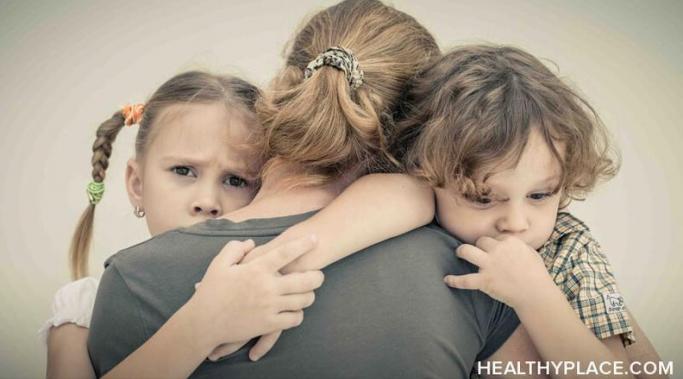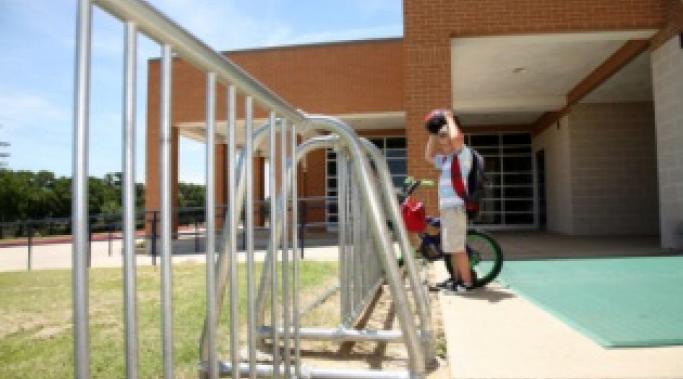Yesterday was National Psychotherapy Day according to Twitter.com. After doing some research, I discovered that it was the 2nd annual celebration and was founded by a group of clinicians, graduate students and supporters of psychotherapy in California (NationalPsychotherapyDay.com). The designation was designed to spread awareness about psychotherapy and reduce the stigma of seeking mental health treatment.
Stigma Mental Illness
It's dark when I pull into the parking lot. I'm nervous--will he have what I need? Will the price have gone up? What if I can't get it? How will I get through tomorrow--the next day, the day after that--if I don't? My fears are unrecognized, but I can't help noticing the smug, disapproving look on his face as he hands me what I came for.
This isn't a back-alley drug deal; it's a simple transaction between me and my pharmacist. So why do I still feel like a common junkie?
The story of Salecia Johnson--a 6-year-old Kindergarten student who was handcuffed and arrested following a destructive tantrum--received widespread media attention. That this unfortunate event occurred at all is bad enough--the public's response has been even worse.
Have you heard this story? About the 6-year-old kindergartener who, throwing an epic tantrum, was handcuffed by police and escorted to the police station? Who has been suspended from school until August--i.e., the remainder of the school year? Have you heard the comments from the general public agreeing with the actions taken?
I have, and I am outraged. If you're not, you should be.
The quest for a GOP presidential candidate has raised a lot of brouhaha concerning reproductive rights in America. Whether certain politicians aim to force everyone to spawn or limit childbearing rights to a particular set is unclear. The debate, however, brings to mind the question: should people with mental illness have children?
There are two sides to every coin, right?
Having offered up my list of what I, as a parent, wish educators knew about childhood psychiatric illness, it seems only fair to play devil's advocate.
My oldest son, Bob, is ten years old and in the fourth grade this year. As such, I have been involved with our local public school district for five years. Since Bob's formal diagnosis (mood disorder, ADHD) in the spring of his kindergarten year, I have been working with--and against--teachers, counselors and school administrators in an effort to allow my son the best quality education possible.
I've been shopping for a new psychiatrist for my chronic severe depression and anxiety, and I think I've found a good one. Female, office nearby, personable, good reputation, and covered by my insurance.
There's just one possible snag--she's already seeing my son.
(Continued from Part 1 and Part 2)
I suppose for the past five years, I've been living in my little suburban cave, sheltered by Bob's elementary school and our middle-class neighborhood. I hadn't realized just how great a gap exists within our school district, or how many children like Bob are getting trapped in that gap.
I remember the day I met my friend, Sharon.* Bob had turned four the month prior, and I was--for the third time since then--preschool shopping.
Sharon was the owner/director of a small, private Montessori preschool (which I fell in love with almost immediately). She was confident, secure, and highly knowledgeable when it came to children. She had two of her own, in fact, and they were honor roll students and star athletes. In other words, she was everything I felt I wasn't. And she intimidated the Hell out of me.








